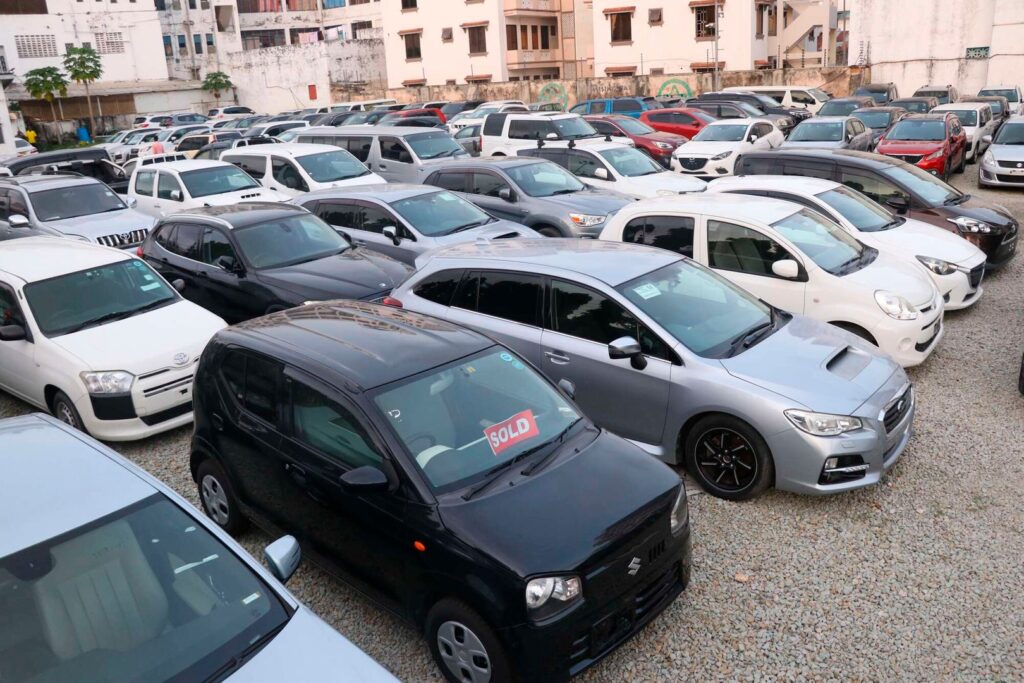Motor vehicle importers in Kenya are raising significant concerns over a new directive set to take effect on February 14, 2025, which mandates that all importers secure local marine cargo insurance before their goods can clear customs.
The directive, issued by the Insurance Regulatory Authority (IRA) and the Kenya Revenue Authority (KRA), is aimed at streamlining the insurance process for goods imported into the country.
While the government asserts that the move will increase efficiency and ensure more reliable insurance coverage for imports, the policy has sparked a wave of dissatisfaction within the importation industry.
Under the new rules, importers will be required to purchase marine cargo insurance from licensed Kenyan insurers.
The certificates will be processed digitally through a platform that connects the IRA and KRA systems, making it easier for authorities to track and verify insurance coverage.
These certificates will be accessible via mobile apps, web portals, and online platforms provided by the insurers, making it a more efficient and transparent process, the government claims.
However, motor vehicle importers argue that the new policy poses serious challenges, particularly concerning financial costs and logistics.
The core issue stems from the fact that traditionally, importers have relied on international insurers to cover their goods during transit.
Requiring them to buy additional local insurance, which overlaps with existing coverage, could dramatically increase their operational expenses.
For many importers, the new directive represents a significant additional financial burden. Importers already face rising operational costs, including high tariffs, taxes, and logistical expenses.
The requirement to pay for both international and local insurance could further strain their businesses.
“We are already paying for global insurance coverage that ensures our vehicles are covered during transit,” said one motor vehicle importer, who requested anonymity.
“Forcing us to buy another policy from a Kenyan insurer doesn’t make sense. This will lead to unnecessary costs, which will ultimately be passed on to consumers.”
Some industry players also raised concerns about the lack of consultation with key stakeholders before the directive was announced.
Many feel the decision was made without a proper understanding of the complexities involved in international trade and the realities of the Kenyan market.
Beyond the financial implications, the new directive is also being viewed as a potential logistical nightmare.
Importers worry that the requirement for local insurance certificates could lead to delays at ports, especially as they navigate the additional bureaucracy required to secure these certificates.
“We already face significant delays at the ports due to customs procedures, and this new rule is likely to add another layer of complexity,” said a representative from the Kenya Auto Importers Association.
“There’s no guarantee that the systems will be in place to handle the volume of transactions that will come with this new rule.”
Moreover, the directive is seen as a potential disruption to long-standing relationships between Kenyan importers and their global insurance providers.
The added requirement to purchase local insurance may strain these partnerships and create inefficiencies in the supply chain.


